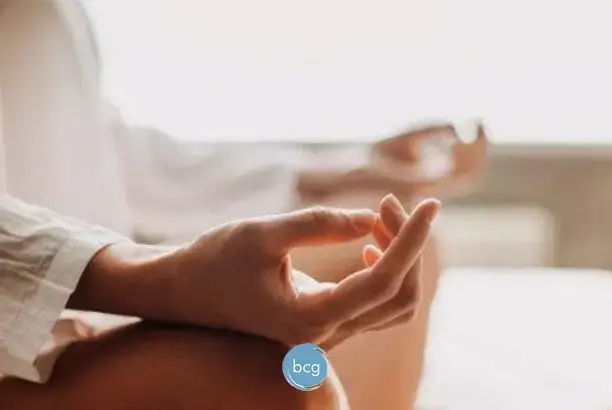Keeping Your Healthy Mind In The Right Place
Anxiety and stress are natural and healthy responses to uncertainty and perceived danger; there is no reason to be “alarmed” about feeling alarmed!
A normal response to COVID-19 is distress, the Fight Flight or Freeze response (FFF Responses). This occurs in the oldest part of your brain, the limbic system. The amygdala is the key player, a small almond-shaped area in the midbrain that helps you respond to threats. However, it cannot differentiate between real and imagined! So, if you focus on perceived threat, the amygdala will focus on FFF response….and your anxiety will increase! Let’s handle that.
Your nervous system may urge you to hyper focus on the COVID-19. This is a survival strategy directed by your amygdala. Now this is a primitive player in the working of your very sophisticated brain. But this response can take over and if allowed have you obsessing and even hoarding supplies as a survival strategy. Allowing this part of your brain to be in charge is like allowing the least intelligent part of your brain to steer the ship! It will keep you feeling anxious, uncomfortable, and even obsessing and hoarding. It can keep you awake at night, interrupt your diet, increase drug and/or alcohol use and create other destructive coping strategies. And to top it off, with all this work on survival, you will be distracted from your relationships which is one of the places where humans find comfort and calm.
Take some time now to be aware of the state of your mental health. What part of your brain is in charge now. Notice the story in your mind and ask yourself if it’s your amygdala, FFF or are you integrating the COVID-19 information while remaining balanced in your thinking. Now, because this is a moving target, keep checking in and respond with compassion no matter where you find yourself.
Here’s a few tips to help you attend to your mental health and foster the wisest part of your brain to be in the driver’s seat!
Coping with Feelings in Response to COVID-19
Remind yourself that it is normal to feel uncomfortable when life presents unpredictable challenges and interrupts what you know and trust to be constant. With COVID-19 you are receiving directions that are out of control. A natural response to this can be anxiety, denial, anger and grief and loss.
Validate your feelings and resist the temptation to make how you’re feeling wrong. Notice how your Healthy Body is feeling. Notice the sensations in your Healthy Body and accept the experience. Check in regularly.
Emotional reactions are often mitigated by taking action, so focus on what you can control over what you cannot. After receiving information about COVID -19, plan the practical actions you want to take to look after the safety of yourself and others. This includes things like washing your hands and working out how to maintain physical distance while providing yourself with calm and comfort.
Anxiety and stress can be worsened by certain behaviours. Be aware and mindful about what increases your anxiety. Limit your information-seeking to specific times and reliable sources. Turn off or mute other sources of news and information that can increase and trigger your anxiety.
Recognize the need for social connection. Yes, while being physically distant from people outside of your home and isolating yourself is needed, social connection is still critical for human happiness. You need to feel a part of a social community of those you care for and that care for you. Plan your social connection time using alternate means of connecting like the phone, video calling. A “date” or dinner party by Zoom, Facetime or WhatsApp is a wonderful means of maintaining this connection. You meet a friend for a walk, two meters apart. If you live with someone at home, you can take this opportunity to enhance and celebrate your relationship with things like special meals, games, activities, movie nights or physical intimacy.
Your brain and anxiety respond well to structure and routine, so create some consistency within your day at home. Plan your day to include things like regular mealtimes, proper hygiene, activities to complete and or explore within self- imposed structured time.
Get your physical activity! Without question, the relationship between mood, anxiety and fitness is clear. Plan different ways you can stay active: 2 walks a day, run, stationary bike, weights, online fitness, yoga…. or whatever works for to maintain a level of activity.
Be intentional about your mental health. Recognize what you need to maintain your wellness and design your day to nourish your overall health.
When your emotions are overwhelming and don’t respond to self-care or social support, seek professional help. We are here for you with a team of licensed counsellors offering virtual counselling.





